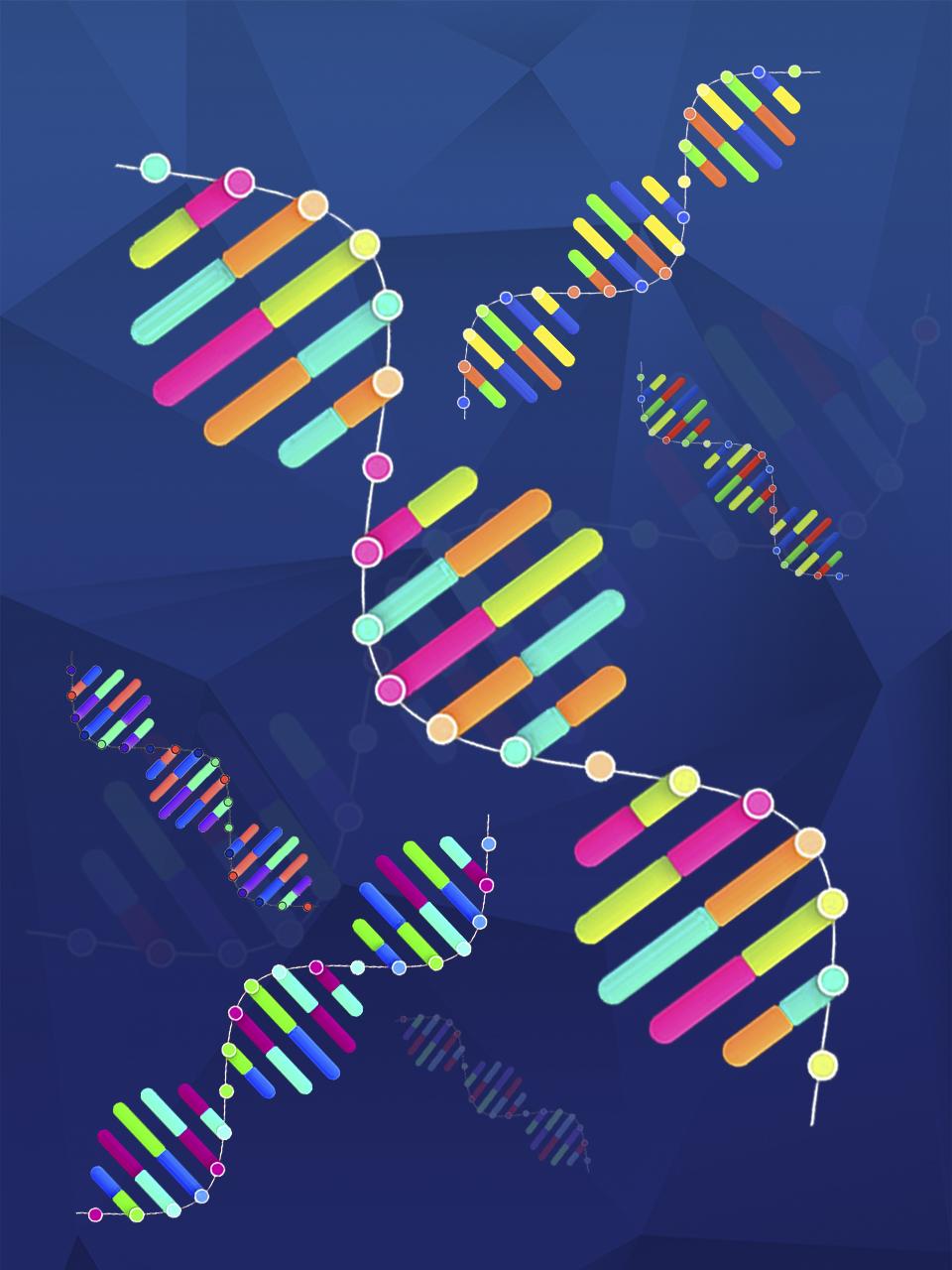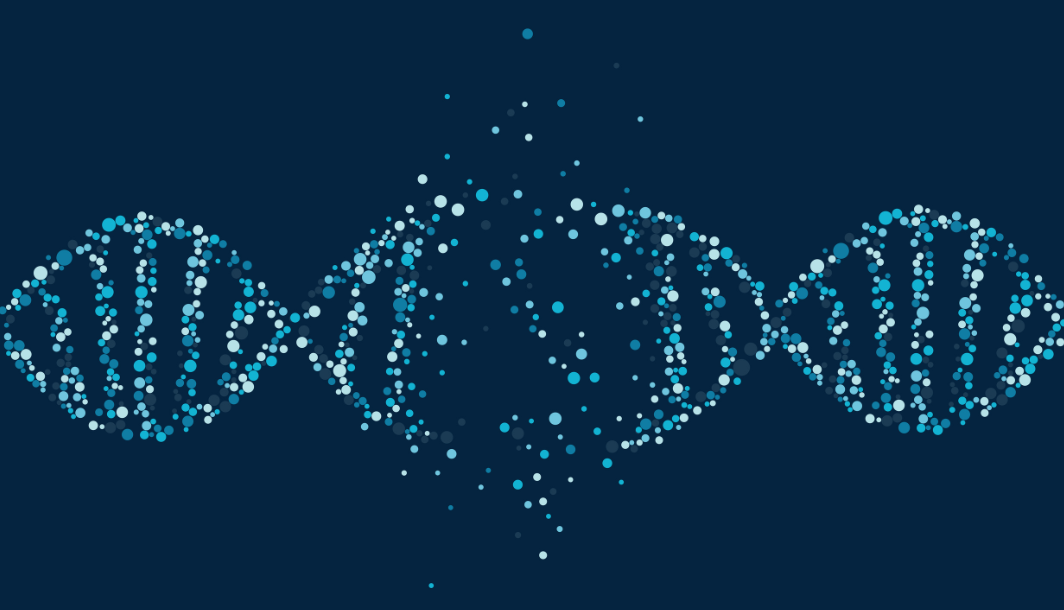U.S. States
Individual U.S. states have passed differing laws regarding human biotechnologies, creating an often-inconsistent policy patchwork across the country. While more than a dozen states – including California – prohibit human reproductive cloning, the rest have not addressed it legislatively. Laws and regulations pertaining to assisted reproduction, especially surrogacy, also vary significantly from state to state.
Aggregated News
TALLAHASSEE — A House panel Thursday backed a bill that would prevent doctors from performing abortions that women seek because...









